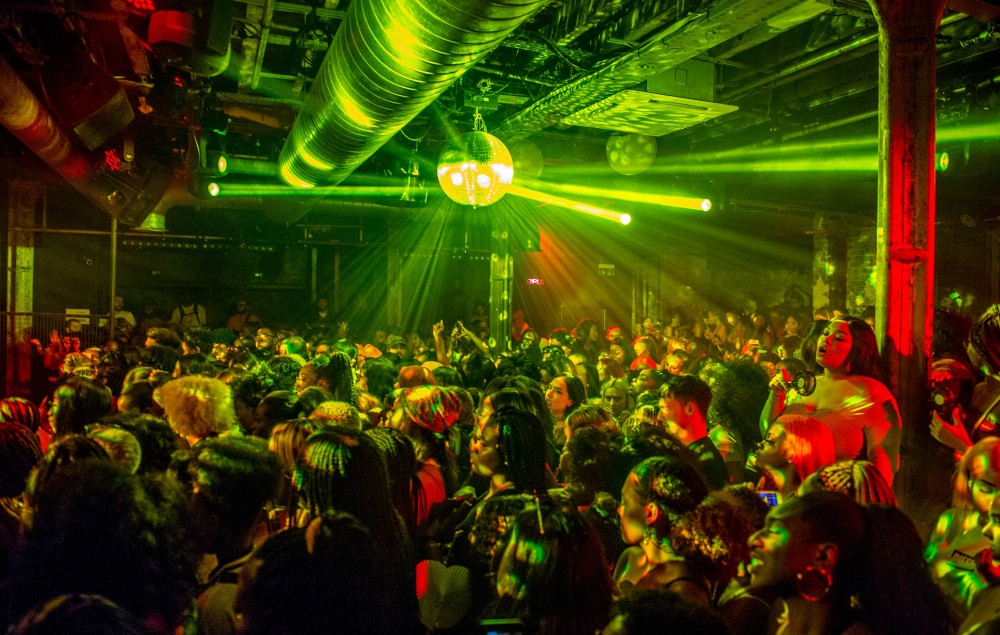Association for Electronic Music publish code of conduct against sexual harassment and gender discrimination
The Association for Electronic Music (AFEM) have published a new code of conduct in a bid to help prevent sexual harassment and gender discrimination within the electronic music industry.
The document, which was developed by the AFEM Diversity & Inclusion Working Group over a number of months, has been endorsed by over 220 companies including SheSaid.So and ADE, as well as AFEM’s media partners Mixmag, DJ Mag, RA, Beatportal and Attack Magazine.
AFEM said the purpose of the code is to create “an environment where such behaviour is not tolerated through awareness, education, increased respect, protection and prevention”.
“AFEM is committed to supporting an industry where employers, employees, businesses and fans have a shared obligation to maintain workplaces and event spaces free from sexual harassment and gender/ gender identity discrimination,” the organisation added.
View this post on Instagram
The code of conduct, which you can read in full here, outlines a number of the different types of sexual harassment and gender discrimination, as well as offering guidance on how employers can act to prevent this behaviour from happening.
The code also notes that “artists and their representatives (not limited to managers, agents, tour managers or production managers) are expected to lead by example”.
“The workplace, as defined by the Code of Conduct, includes venues, clubs, tour buses, backstage, green rooms, after parties and on stage; in every environment of electronic music, sexual harassment and gender discrimination are unacceptable,” the code states.
“There is no grey area where such behaviour is deemed acceptable. Artists and their representatives must address any known instances of sexual harassment by their clients or members of their team and take necessary action.”

AFEM said they recognise that “much of the electronic music industry is made up of small to medium-sized businesses and operators who may not have HR departments or specific policies and documentation to refer to on the subject of sexual harassment”, but that this code of conduct “begins the process of setting professional standards within electronic music for our members and the wider industry to adopt”.
Commenting on the code of conduct, SheSaid.So founder Andreea Magdalina said that the new rules are ”absolutely necessary”.
“Our hope is that this document will dissipate any uncertainties in regards to the type of behaviour that should be encouraged or, conversely, penalised,” Magdalina said. “For women and other gender minorities these lines are clearly distinct, although we understand the nuanced scenarios in which they take place and the necessary education required to reinforce them.
“I welcome the CoC as a firm guideline that formalises the do’s and don’ts of gender-based interaction in the electronic music workplace – whether that’s online, in the office, the studio or on the dancefloor”
Last week, the #SaveNightclubs campaign shared an open letter sent to UK Prime Minister Boris Johnson urging the government to step in and help save the nightclub industry during the coronavirus pandemic.
